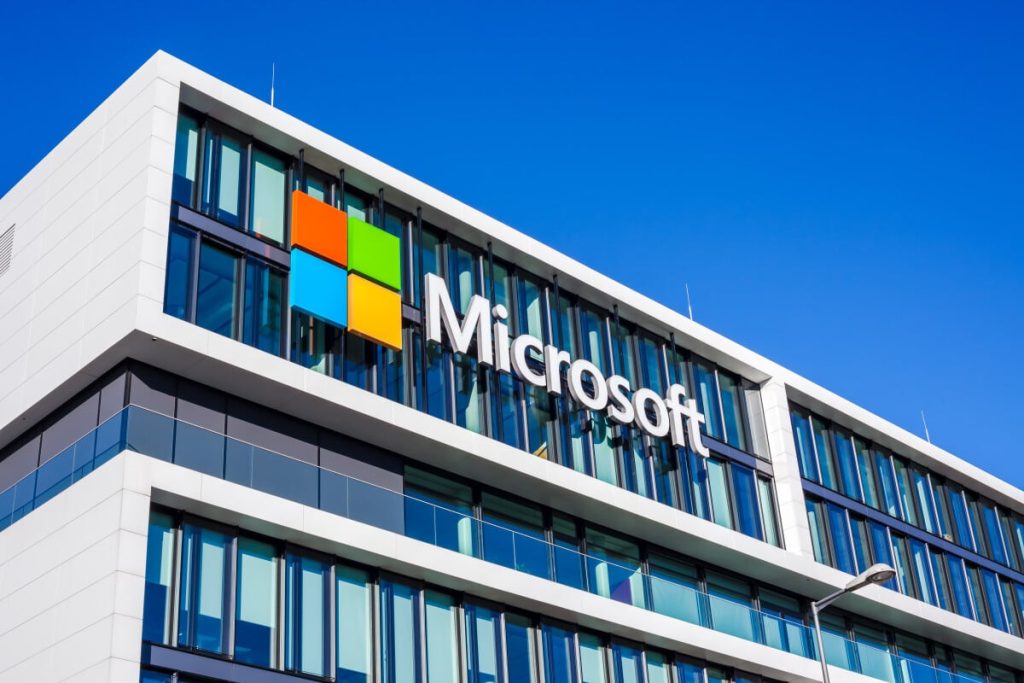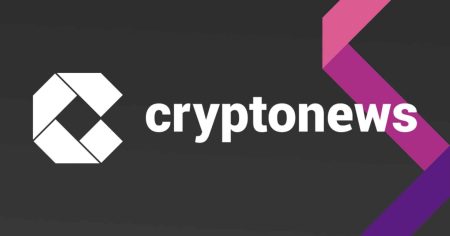Crypto infrastructure giant Infura is taking its first step toward decentralizing core components of its service following years of criticism that the company is a ‘single point of failure’ for Ethereum.
Over a dozen Web2 giants including Microsoft and Tencent have partnered with Infura’s parent company, Consensys, to help decentralize the network, which will help prevent outages for the firms leveraging its technology stack.
That includes the Consensys-owned Metamask wallet – the most popular Ethereum / Web3 wallet boasting over 30 million users.
“The cost and complexity involved with running a service like Infura was kind of limiting in terms of who we could partner with to serve this traffic,” said Andrew Breslin, senior product manager at Consensys, to CoinTelegraph. “Now there’s this huge flourishing ecosystem of Web3 infrastructure providers that can provide a service that’s complimentary to Infura.”
Infura first announced plans to decentralize its service over a year ago. In August 2023, it published a blog post explaining how its Decentralized Infura Network (DIN) would begin by federating its RPC layer by routing requests “based on a federated system of providers with distinct offerings.”
According to Breslin, DIN will offer “failover support” for Ethereum and its layer 2 Polygon network, meaning Infura can reroute traffic to its partners in the event of an outage.
🏗️ Infura, alongside our partners, is pushing the boundaries of decentralization.
We’re making a significant stride in the development of the Decentralized Infrastructure Network (DIN), Read the two-part series 👇
— Infura (@infura_io) November 14, 2023
Infura’s Centralization Problem
Infura isn’t required for Ethereum to keep running, but its service is required by a slew of popular Ethereum applications that rely on it for uptime and accurate data. Some apps using its services include Uniswap, Compound, and Brave.
Infura experienced one such outage event in April 2020, affecting the functionality of Metamask and various other apps.
Critics of Infura have also warned that a well-planned attack or sufficient legal action against it – particularly from government actors – could easily disrupt the functionality of its supported networks.
Upon launch, DIN will let users access Ethereum dapps in a more censorship-resistant manner, instead of depending on one provider in one place.
“Infura and these 18 partners are now participating in this federated phase of DIN, which means that we work as equal partners,” said Breslin.
Compared to Ethereum, running a complete Bitcoin node is far less resource-intensive for average users to do on their own, though the latter network is generally viewed as being less programable.
Read the full article here















